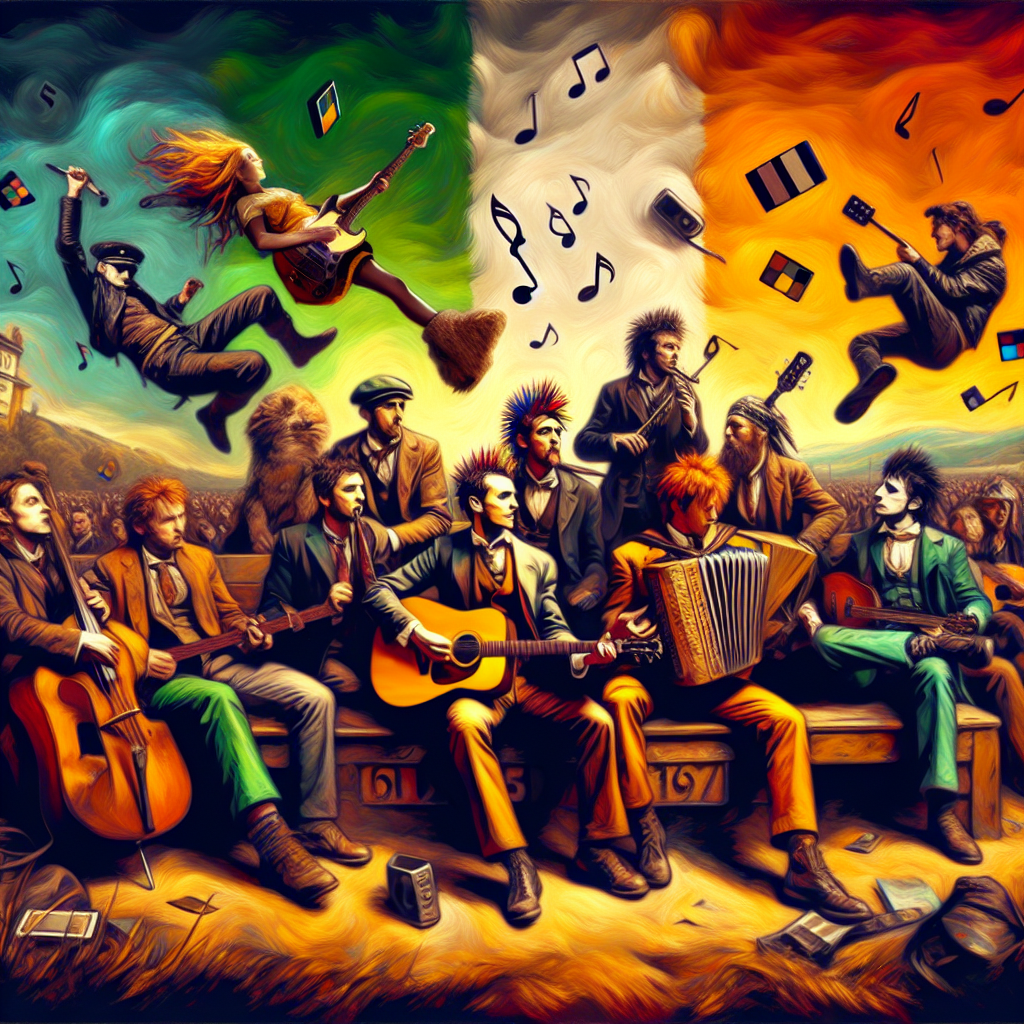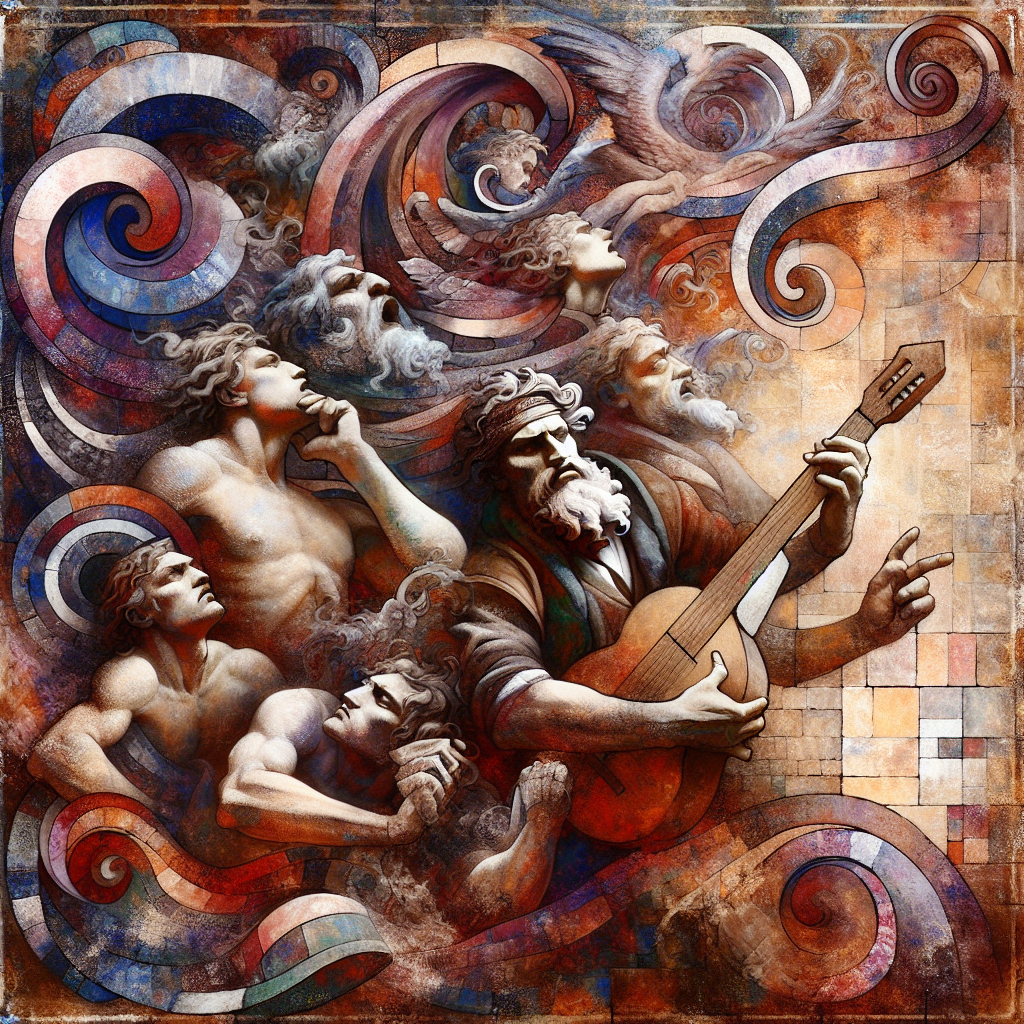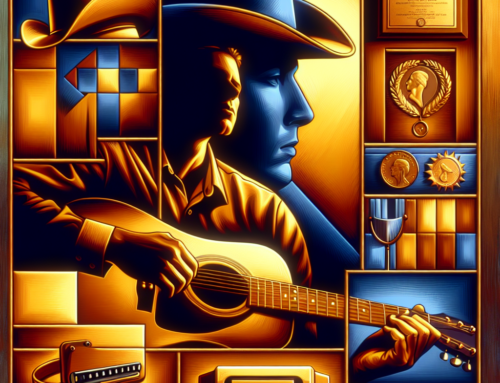-
Table of Contents
- Celtic Punk: Traditional Irish Music Meets Punk Rock
- Top 5 Tips for Understanding Celtic Punk
- Introduction
- Origins of Celtic Punk
- The Roots in Traditional Irish Music
- The Punk Rock Influence
- Key Bands and Albums
- The Pogues: Pioneers of Celtic Punk
- Flogging Molly and Dropkick Murphys
- Cultural and Political Themes
- The Global Impact of Celtic Punk
- Conclusion
“`html
Celtic Punk: Traditional Irish Music Meets Punk Rock

Top 5 Tips for Understanding Celtic Punk
- Explore the roots of traditional Irish music to appreciate its influence on Celtic Punk.
- Listen to pioneering bands like The Pogues and Flogging Molly to grasp the genre’s evolution.
- Understand the cultural and political themes often present in Celtic Punk lyrics.
- Attend live performances to experience the energetic fusion of punk and traditional sounds.
- Explore the global impact of Celtic Punk, particularly in the United States and Europe.
Introduction
Celtic Punk is a unique genre that marries the traditional sounds of Irish music with the raw energy of punk rock. Emerging in the late 20th century, this genre has captivated audiences with its spirited blend of cultural heritage and rebellious attitude. This article delves into the origins, evolution, and cultural significance of Celtic Punk, offering insights into its enduring appeal.
Origins of Celtic Punk
The Roots in Traditional Irish Music
Traditional Irish music, characterized by instruments like the fiddle, tin whistle, and bodhrán, has a rich history that dates back centuries. Its lively jigs and reels have long been a staple of Irish culture, providing a foundation for the development of Celtic Punk. The genre’s roots can be traced to the folk revival of the 1960s, which saw a renewed interest in traditional music.
The Punk Rock Influence
Punk rock emerged in the 1970s as a countercultural movement, known for its fast-paced music and anti-establishment lyrics. Bands like The Ramones and The Sex Pistols paved the way for a new musical era. The fusion of punk’s rebellious spirit with traditional Irish melodies gave birth to Celtic Punk, a genre that celebrates both cultural pride and defiance.
Key Bands and Albums
The Pogues: Pioneers of Celtic Punk
The Pogues, formed in London in 1982, are often credited with popularizing Celtic Punk. Their album “Rum Sodomy & the Lash” is a seminal work that showcases the band’s ability to blend traditional Irish music with punk rock energy. Songs like “Dirty Old Town” and “Sally MacLennane” highlight their unique sound.
Flogging Molly and Dropkick Murphys
Flogging Molly and Dropkick Murphys are two bands that have furthered the Celtic Punk genre, particularly in the United States. Flogging Molly’s “Drunken Lullabies” and Dropkick Murphys’ “The Warrior’s Code” are albums that exemplify the genre’s fusion of punk rock and Irish folk. Both bands have achieved significant commercial success, bringing Celtic Punk to a wider audience.
Cultural and Political Themes
Celtic Punk often explores themes of cultural identity, immigration, and political struggle. The genre’s lyrics frequently address issues such as social justice and the immigrant experience, resonating with audiences who share similar backgrounds. This thematic depth adds a layer of complexity to the music, making it more than just a fusion of styles.
The Global Impact of Celtic Punk
While Celtic Punk has its roots in Ireland and the UK, it has found a global audience, particularly in the United States and Europe. The genre’s energetic live performances and relatable themes have contributed to its widespread appeal. Bands like The Real McKenzies from Canada and The Mahones from Ireland have helped to expand the genre’s reach.
Conclusion
Celtic Punk is a vibrant genre that continues to evolve, drawing on the rich traditions of Irish music while embracing the rebellious spirit of punk rock. Its unique blend of cultural pride and defiance resonates with audiences worldwide, ensuring its place in the musical landscape. By understanding its origins, key players, and cultural significance, one can truly appreciate the enduring appeal of Celtic Punk.
For more information on the history of punk rock, visit Wikipedia.
“`




